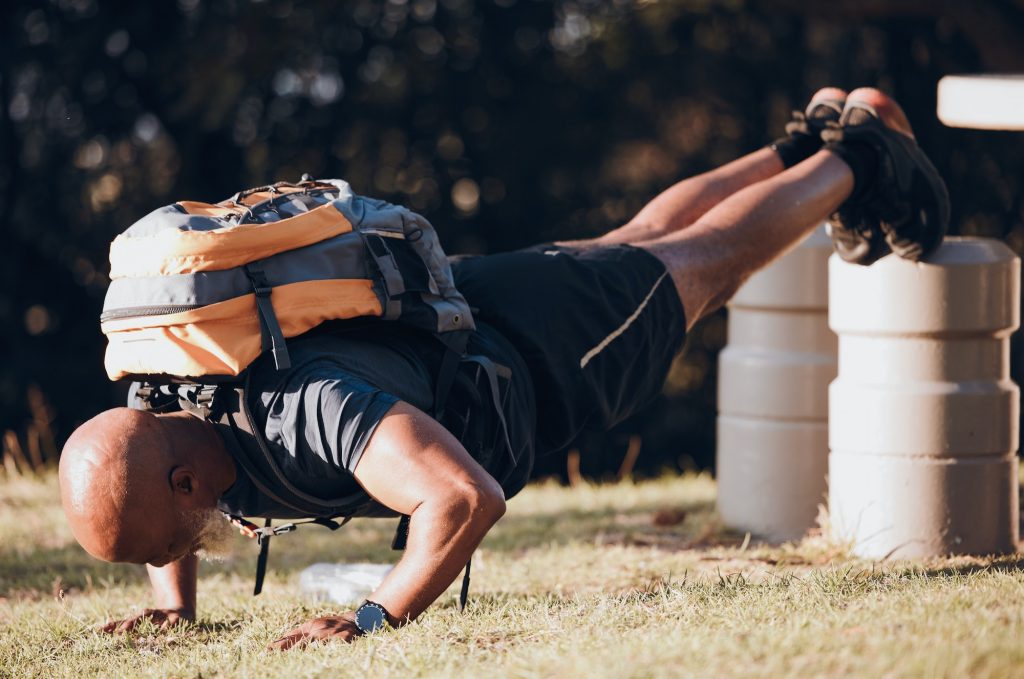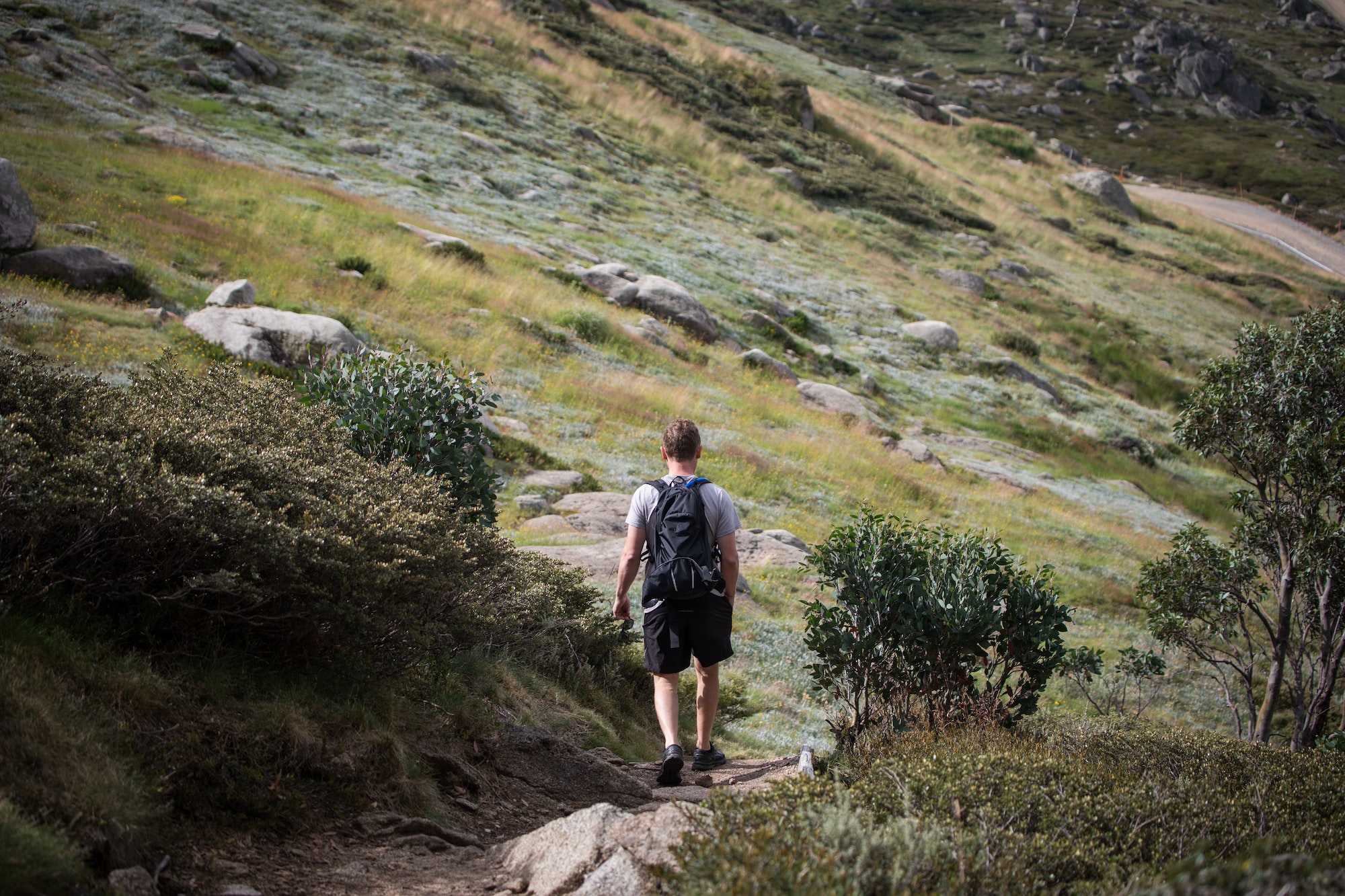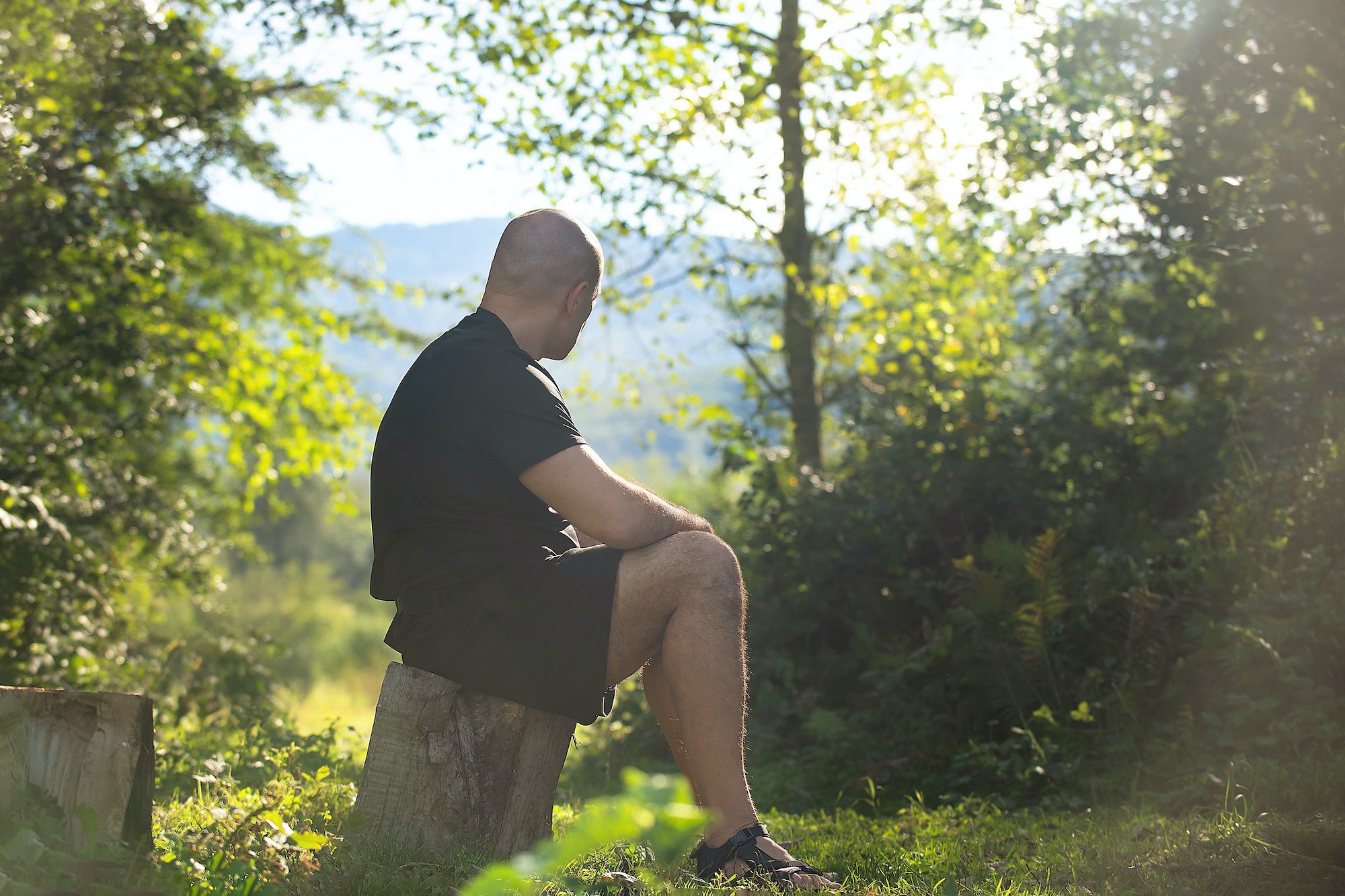
Current estimates suggest 3.2 million deaths occur each year due physical inactivity. Within the UK, around 64% of the population over 16 years old are physically active. However, only 15% of the UK population engage in regular structured exercise. Furthermore, of the people who start exercising, 50% drop out within the first 6 months. This presents a massive public health issue and the key motivational driver for the study of exercise psychology and exercise adherence.
So, why do people drop out of structured exercise/physical activity programs? Career choice, time, poor weather, self-efficacy, family demands, location of exercise facility and fatigue are common barriers perceived to disrupt the maintenance of exercise/physical activity programs. I will come back to these issues within this and future blogs. For now, I want to delve a little deeper into the core psychological mechanism likely to be holding us back from being more physically active and participating in regular exercise.

Most people have a preconceived idea that all exercise produces a positive affect on our mood. Images of exercisers pounding the road or gym floor, sweating and having a wonderful time are plastered all over the media. At the end of the day, even for the fittest of us, exercise isn’t always enjoyable. Exercise can be pretty dam tough! Not only that, the time before we exercise, as we throw on our sport clothes and drag ourselves to the gym, can be the most challenging. Interestingly, most of us know the positive effects of exercise and we are, at the very least, likely to feel a sense of relief/achievement when the exercise session has finished. So why do we dig our heels in?
As with a lot of psychological phenomena, which at first glance appears to be irrational, it’s always useful to shine an evolutionary light on the issue. For most of human history, we have evolved to efficiently cope with hard physical activity such as jumping, running, throwing, carrying food etc. These activities can be seen as typical hunter-gatherer functional movements. Due to these high levels of physical activity, combined with the scarcity of food, we have also evolved to CONSERVE ENERGY when it is not required. Wasting calories as hunter-gatherers can be highly detrimental for survival. For millennia, we were both the hunters and hunted, requiring immediate energy to deal with both situations. Eat or be eaten. Today, we have the same genetic make-up as our ancestors, yet we live in a world with escalators, TV remote controls, elevators etc? Everything in the modern world seems to be geared around conserving energy, while simultaneously, for most of us, it has never been easier to eat high calorie food. We have evolved to work hard for food, yet we take the car to the supermarket and the escalator within the building. We gravitate to the escalator then elegantly glide past the adjacent steps or do multiple circles around a car park to find the closest space to the builds entrance. We just can’t seem to shake off those energy conserving behaviours!

Our evolved genetic trait to conserve energy is likely to be at the heart of the exercise adherence issue and the driving psychological factor which makes exercise so daunting/unpleasant for most of us. Consequently, we can easily fall into the negative loop of dropping out of regular physical activity/exercise routines. People who fall into this negative behavioural loop, need to work harder at exercise programs, making them less likely to enjoy the process and more likely to drop out.
The good news is WE ALL HAVE THE CAPACITY TO CHANGE our behaviour. Firstly, by understanding that we are ‘hardwired’ to conserve energy, we can simply reframe the concept of exercise/physical activity to navigate the modern world. We must understand are bodies and mind have developed from a hunter-gather lineage, then try to imitate the levels of physical activity our ancestors would have been engaging in on a daily basis. To receive a turbo charged hunter-gather state of wellbeing, exercising outdoors in a green environment is where the magic takes place! So, what can I say, look no further than Felltop Wellbeing. Happy hunting (exercising)
Matt Adey MSc, Dip PT, GMBPsS
Sources
https://www.ethnicity-facts-figures.service.gov.uk
Applied Exercise Psychology: A Practitioner’s Guide to Improving Client Health and fitness by Mark H. Anshel.
The Exercise–Affect–Adherence Pathway: An Evolutionary Perspective by Harold H. Lee*, Jessica A. Emerson and David M. Williams.





